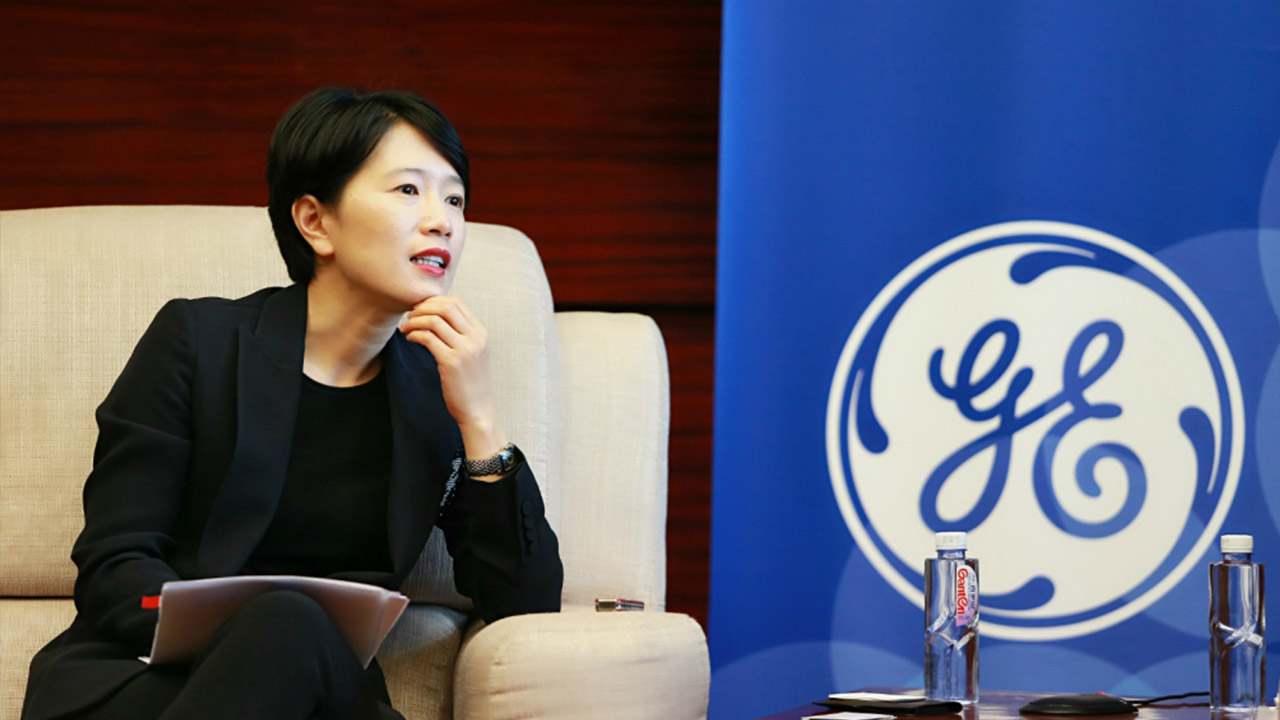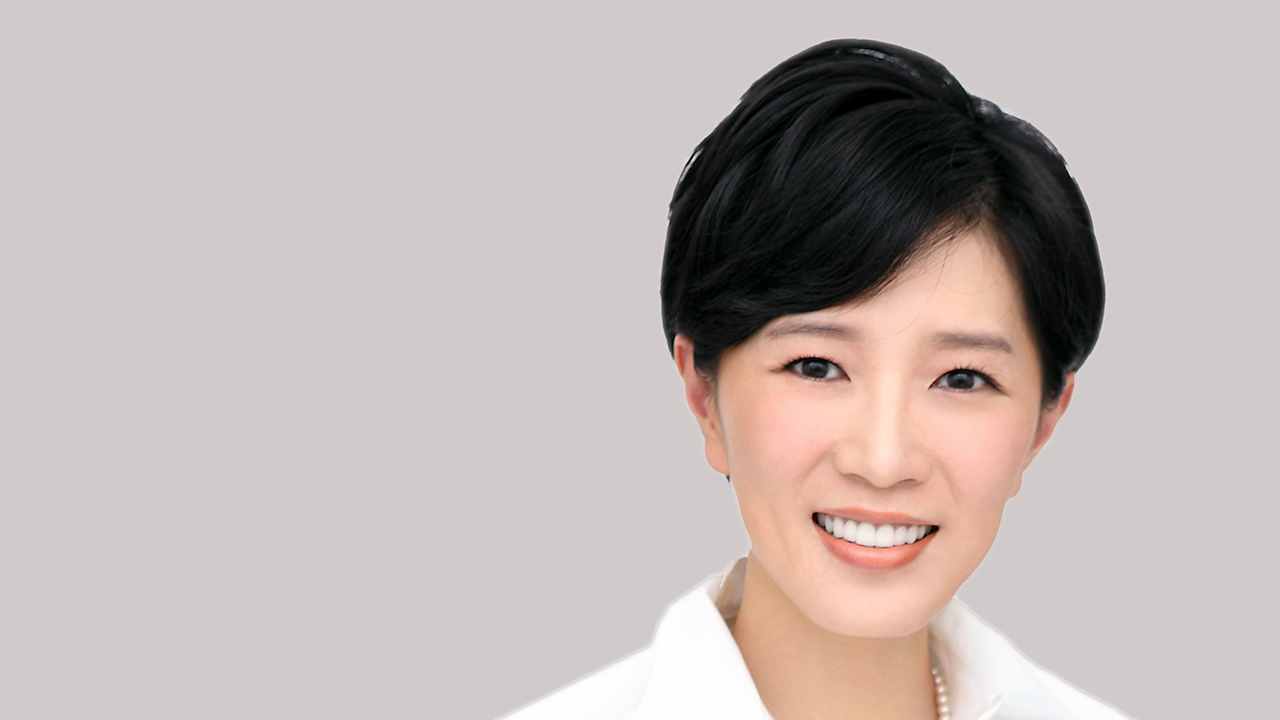| R |
achel Duan became the first female and homegrown chief executive of General Electric Co. in China in July. She has taken the reins as China’s slowing economic growth has made foreign companies more cautious about doing business in the world’s second-largest economy.
In her new position, Ms. Duan, 44 years old, oversees the industrial conglomerate’s portfolio of fast-growing China operations, ranging from airline engines to energy infrastructure. She also continues to head GE’s health-care business in China, which makes equipment including body scanners and ultrasound machines.
Ms. Duan talked to The Wall Street Journal about how GE is adapting to a new era of growth and why the company is poised to benefit from the Chinese government’s crackdown on corruption.
Edited excerpts:
WSJ: What are your priorities?
Ms. Duan: China is going through some fundamental changes. The next decade or two or three will be very different. If you look at some of the challenges the country is facing, they’re very much lined up with where GE’s core competencies are.
Energy demand is going to continue to increase. Urbanization is going to continue. There will be more roads and more airports. There are definitely more people aging. Quality and affordable health care will be a big priority for the government.
The point here is that, our portfolio and our technologies, they are a good fit.
WSJ: You’re the first female executive in this position as China CEO, part of a small and elite group of females in top management positions in Asia. Do you feel any pressure to blaze the way?
Ms. Duan: I get asked that question a lot. It’s certainly a huge privilege to lead GE in China at this point of time. When I got this job, I didn’t think of myself as a female. GE will promote people more based on the merits.
Having said that, GE has really gone out of its way to make sure there are platforms to nurture female talent. You don’t have to slow down your career to have family and kids. As a company, it’s very important to provide that platform and help people make choices along the way.
WSJ: GE had targeted $10 billion in revenue in China by 2010, but as of two years ago, you were only a little more than halfway there. Do you have a new revenue goal now, and what is it?
Ms. Duan: The goal for the team in China is growth. Year over year, we need to achieve double-digit growth. Some of that will continue to come from organic, some of that will come from inorganic.
It really takes reinventing our growth. That’s not going to be easy.
WSJ: How is the economic slowdown impacting GE’s business?
Ms. Duan: The experience of China is, it’s still growing. I really firmly believe the direction the new administration is taking the country is the right one. They are trading the speed of growth for the quality of growth, shifting to more consumer-oriented growth.
In the short term, the country is going through some adjustments. You read about this anticorruption campaign. We really don’t see that as a longer-term or macro problem.
This year, we do see some big projects delayed, particularly in the energy sector and health-care sector. It’s really a short-term impact. In the third quarter, we’ve seen some of that growth come back.
WSJ: Multinationals are increasingly saying that it’s harder to do business in China, with some foreign companies being investigated by the Chinese government. Do you find it harder to do business, and if so why?
Ms. Duan: To me, you’ll find it harder if you don’t change. We’ve got to recognize the country is changing. You’ve got to be able to venture out and adjust. We need to change because some of our biggest growth is coming from outside the U.S.
WSJ: You’ve talked about the importance of localization. Is this still a priority for GE, and why?
Ms. Duan: GE has over 18,000 employees in China today. Over 90% of employees are local. It’s not just about putting the local people here. A big aspect of localization is, how do we continue to develop their capabilities so they can make the right decisions on the ground.
In China, over the last 20 years, we’ve seen significant growth. We view China in the future to be as big as the U.S. You have to continue to train people, put them in the right assignment and send them overseas.
WSJ: How do you deal with the rise of increasingly fierce local competitors? Which parts of your business do you see that in?
Ms. Duan: Competition is good. It’s a push for us to think differently and reinvent ourselves.
We have 300 ultrasound players in China. I think that the only way out of this is continue to innovate. We want to stay ahead of the curve. The customer is pushing us more than the competitor.
WSJ: Partnerships are a necessity of doing business in China. What’s the biggest challenge of the partnerships in China?
Ms. Duan: I think with partnerships, you’ve got to be all in. When I see joint ventures that don’t work, it’s because both parties get together and you don’t think about what is best for the joint venture. You’re going to get into disagreements, but you’ve got to work through them. Getting to a resolution is very important.
RÉSUMÉ
Career: Ms. Duan joined GE in 1996 as part of the corporate audit staff. She previously served as chief executive of GE Advance Materials for Greater China and chief executive in Asia Pacific of Momentive Performance Materials, a business divested from GE.
Education: She holds a bachelor’s degree in economics and international business from Shanghai International Studies University (SISU) and an M.B.A. from University of Wisconsin-Madison.
Hobbies: She enjoys traveling and reading in her spare time.





